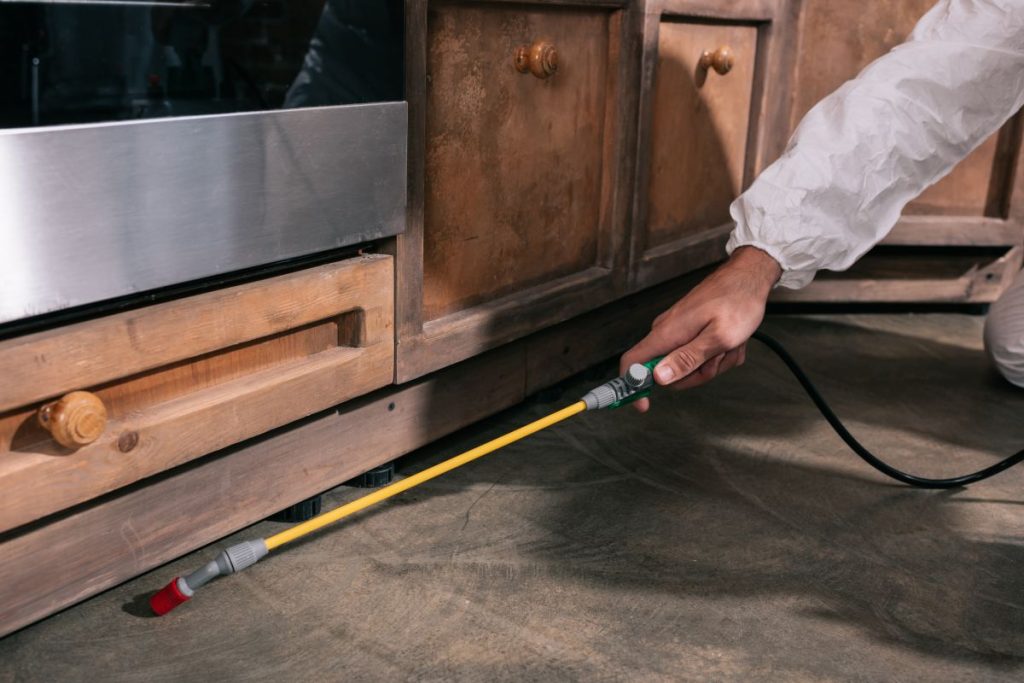Moving house can be tricky in the best of circumstances, and the last thing you need is to lose out on your deposit and have to find another chunk of cash for your deposit for your next place. When you come to the end of your fixed-term tenancy and decide it is time for a change, don’t risk losing out on what is rightfully yours.
There are a series of steps you must take if you want to do all you can on your end to get your full deposit back. Read on to discover what you must do, and how you can do it without incurring any penalties…
1 – Check your contract or lease agreement
The first and most important step that you should take is to check your tenancy agreement. This doesn’t mean give it a skim read, but carefully and thoroughly read it through to discover any and all agreements that you have with the property owner. Some of these may be standard and expected parts of leaving a property, while others may be more specialised.
Different landlords will have different requirements that you must meet, and you don’t want to lose out on real money because of a simple oversight. Your landlord should not be able to take money from your security deposit without a very good reason and will have to provide you with reasons why they did so.
While you may then be able to carry out the actions needed to get that money back, it is far better to do it right in the first place.

2 – Check for any damage
Any property damage that has occurred during your tenancy can be taken out of your security deposit. This doesn’t mean, however, that a few scrapes and scuff marks give your landlord the right to redo and repaint the room in the style of the Sistine Chapel or some other Italian architectural wonder.
The best thing to do if possible is to take plenty of pictures or video when you first arrive, documenting any and all issues there in the beginning. Then, you should try and repair any damage that occurs before the end of your tenancy.
Remember, reasonable wear and tear are to be expected, and you should not lose your deposit because of these. Also, any damage that occurs because your landlord failed to make a repair that was not your fault, such as a leaky pipe causing mould or damage, should not be your responsibility.
3 – Organise a professional clean
Professional cleaning is a classic requirement of tenancy agreements throughout Australia and is a key area where deposits can be lost. Hiring the wrong company who doesn’t do a good enough job can mean that you lose out on your deposit or have to pay a second time for new cleaners to come in.
It is important that you organise your cleaners in conjunction with your pest control company, as certain pest control treatments can be removed by deep cleaning. This could mean that they may not work as well, and will need to be repeated at further cost.

4 – Have the required professional pest control carried out
The majority of tenancy agreements in Australia and around the world require certain standards of pest control to be carried out when you leave. This is perfectly understandable, as none of us would like to move into a new place, only to discover that rats and mice were our flatmates. Or to find that after a month or two, dormant flea eggs hatched and caused irritating bites and general unpleasantness.
Pests are a serious problem. They can spread diseases, cause property damage, harm your possessions, and be a nightmare to get rid of. That is why it is so important to hire professionals like Pest Control Brisbane.com to take care of all your pest control needs.
There is only one thing worse than losing out on your deposit for forgetting to fulfil your pest control obligations. And that is to lose out on your deposit after hiring pest control professionals who don’t do a good enough job. Fleas can survive lying dormant for months, and you need qualified and experienced experts to make sure that they have done a thorough enough job to get rid of them.
Hiring the wrong company, or failing to check which pest control measures are required to get your deposit back, can mean that you have to pay another company to come in and do it all over again. It is far better to choose the right company the first time, saving you time, effort, and money.
An experienced and qualified pest control company can take all reactionary and preventative measures to protect your home, as well as meet any and all contractual obligations to help you get your full deposit back.
5 – Make sure you have returned all keys and paid any outstanding bills
This last one may sound fairly obvious, but plenty of renters have lost part of their deposit, or at least delayed getting it back, by failing to return all keys in a timely manner. Make sure that you contact your landlord for information on where and how you should return any keys, and then do so as soon as you can.

Similarly, a speedy payment of any outstanding bills after following all the above steps should ensure that your landlord has no excuse to hold onto your deposit. Anything outstanding like an energy bill, gas bill, or similar can delay the deposit return process, so double-check that you have paid everything that needs paying right away.
So, how can you ensure you get your full deposit back (or at least do all you can on your end)?
The most important step to remember is to carefully read through your tenancy agreement, and then carry out each of the criteria required of you. A thorough clean is always needed, any small repairs or touch-ups that you can carry out can save you money in the long run, and professional pest control is usually imperative.
Don’t lose out on your security deposit because of a missed check mark on a form. Hire an experienced and reputable pest control company to take care of your rental property before you leave.











